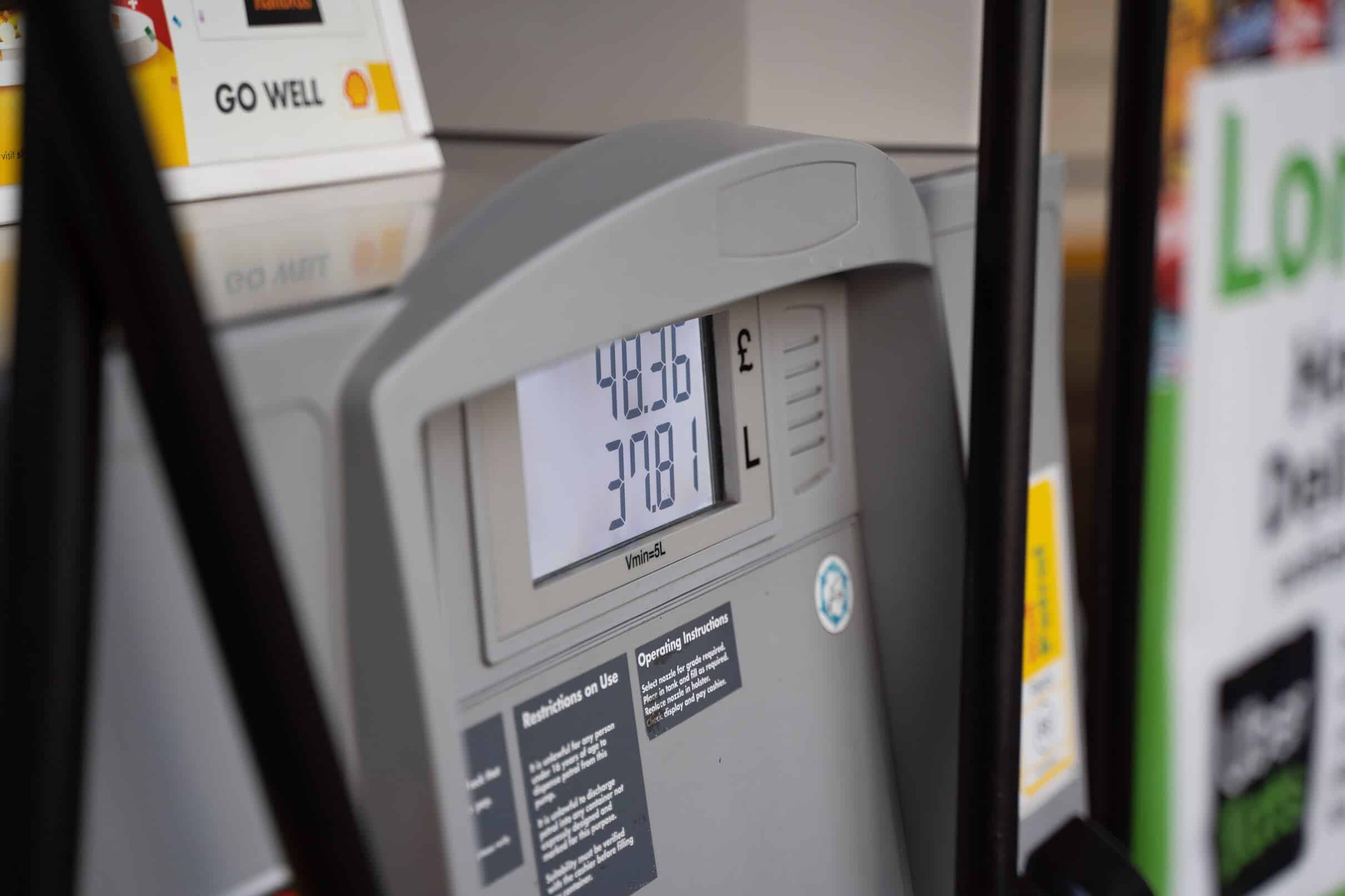Introduction
In the United Kingdom, the relentless upward trajectory of fuel prices has become a cause for concern and debate. Motorists across the nation are feeling the pinch as the cost of petrol and diesel continues to rise unabated. Many are left wondering if these increases are justified or if there are underlying factors contributing to this unjustifiable surge in fuel costs. In this article, we will delve into the reasons behind the soaring fuel prices and their potential impact on the UK’s economy and daily life. Choose my car expresses an opinion below and shows how it will affect the majority of the UK.

The Fuel Price Surge: An Overview
In recent months, UK motorists have witnessed a steady and, at times, dramatic increase in fuel prices at the pumps. This has led to heightened anxiety among consumers and businesses alike, as fuel expenses form a significant part of their monthly budgets.
The primary fuels in focus here are petrol and diesel. The price hikes have been relentless, prompting many to question the underlying reasons. To better understand this phenomenon, we must explore the key factors contributing to the surge in fuel prices.
- Global Oil Market Volatility
One of the primary drivers of fuel price fluctuations in the UK is the global oil market. The cost of crude oil is a critical component of fuel prices, and it is susceptible to various factors, including geopolitical tensions, supply disruptions, and changes in demand.
In recent times, the world has witnessed geopolitical tensions in major oil-producing regions, contributing to supply concerns and pushing oil prices upward. The volatility in the global oil market inevitably trickles down to affect fuel prices at the local level.
- Exchange Rates and the Weakening Pound
The value of the British pound sterling plays a crucial role in determining the cost of fuel in the UK. When the pound weakens against major currencies like the US dollar, it increases the cost of importing oil and refined fuel products. Since oil is typically traded in US dollars, a weaker pound can lead to higher fuel prices for UK consumers.
Brexit uncertainties and economic factors have contributed to the pound’s fluctuations in recent years, adding to the challenges of keeping fuel costs stable and affordable for consumers.
- Fuel Duty and Taxes
Fuel duty and taxes imposed by the UK government represent a substantial portion of fuel prices. While fuel duty has remained relatively stable in recent years, it still accounts for a significant part of the final cost at the pump. The price consumers pay for fuel also includes the Value Added Tax (VAT).
For many, the question arises as to whether the government could do more to alleviate the burden of fuel costs on consumers by reducing taxes or offering other incentives for fuel-efficient vehicles.
- Supply Chain Disruptions
Disruptions in the supply chain can also impact fuel prices. Issues such as strikes, natural disasters, and even the COVID-19 pandemic have disrupted the distribution of fuel, leading to localized shortages and price spikes.
Additionally, concerns about the availability of fuel due to supply chain disruptions can create panic buying, further driving up prices as demand outstrips supply.
The Impact on Consumers and Businesses
The unjustified rise in fuel prices has far-reaching consequences. For individual consumers, it means higher costs for daily commuting, leisure travel, and goods and services that rely on transportation. These expenses can strain household budgets, particularly for those on fixed incomes or with limited resources.
Businesses are also affected, as increased fuel costs raise the prices of goods and services, impacting consumer purchasing power. Transport-dependent industries, such as logistics and delivery services, face significant challenges as they grapple with rising operational costs. These businesses may be forced to pass on these increased expenses to consumers, creating a ripple effect throughout the economy. With the prices of fuel rising, consumers are forced to purchase more economical cars to ease the pressure of their everyday commutes to work. People who would usually purchase used cars using cash, will have to opt for finance, to off-set the added costs of fuel inflation.
The Need for Government Intervention
As fuel prices continue to rise unjustifiably, there is a growing call for government intervention to address the issue. Some proposed measures include:
- Fuel Duty Reduction: Advocates suggest a temporary reduction in fuel duty to provide immediate relief to consumers and businesses struggling with high fuel costs.
- Incentives for Electric Vehicles: Encouraging the adoption of electric vehicles (EVs) through subsidies and incentives could reduce the reliance on fossil fuels and lower overall fuel consumption.
- Improved Public Transportation: Investments in efficient and accessible public transportation systems can reduce the need for private vehicle usage, decreasing overall fuel consumption.
- Renewable Energy Initiatives: Promoting the use of alternative fuels and renewable energy sources in transportation can help reduce greenhouse gas emissions and reliance on fossil fuels.
Conclusion
The unjustified surge in petrol and diesel prices in the UK is a complex issue with multiple contributing factors, including global oil market dynamics, exchange rates, taxes, and supply chain disruptions. These rising fuel costs impact both individual consumers and businesses, straining budgets and affecting the overall economy.
As the situation continues to unfold, there is a growing need for government intervention and a comprehensive approach to address the issue. Whether through fuel duty reductions, incentives for electric vehicles, or investments in renewable energy, decisive action is required to alleviate the burden of rising fuel prices and ensure a more sustainable and affordable future for all.





